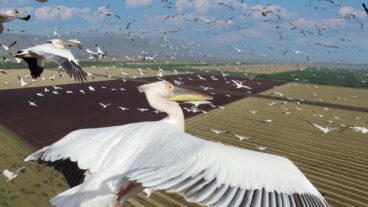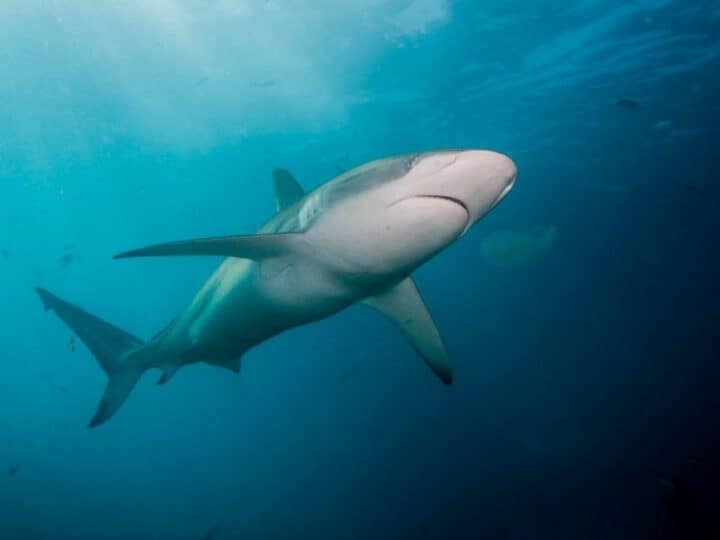When does an artificial vacation destination trump the real thing? When it’s a diving spot in Eilat and the aim is to preserve the authentic coral reefs nearby.
That’s one of the conclusions from a new study out of Ben-Gurion University of the Negev, published this week in in the Journal of Environmental Management.
The researchers looked at the effect that artificial reefs, created in recent years to take visitor pressure off the natural coral reefs, have had on the Gulf of Eilat. The result, the researchers said, is clear: reduced damage at the nearby natural reefs, which have been suffering under the crush of divers at this popular spot on the southern tip of Israel.
The artificial reefs, which were enhanced with ships deliberately sunk to provide interesting dive spots, are becoming increasingly popular with divers. The Ben-Gurion research project looked at the artificial reefs around the Satil, a sunken ship, and around the Tamar artificial reef, one of the most frequented in Eilat.
The findings show that the average diver density at the artificial reefs was higher than at two nearby natural knolls.
The research is timely, as a new beach, in the area of the Eilat-Ashkelon pipeline, was recently opened to the public. The reefs there are mostly artificial in the form of pylons.
The relationship between reef and diver is complicated. Too many divers can damage the delicate coral, but visitors provide the economic incentive to preserve the reefs.
“One can hope that the natural reefs in the nature reserve will indeed improve,” said Prof. Nadav Shashar, a marine biologist who participated in the study.
“The natural reefs have not been holding up well in recent years,” he added.
Artificial reefs (Prof. Yaniv Belhassen of the Hotel and Tourism Management Department at Ben-Gurion University’s Eilat campus calls them “recreational ecosystem services”) will be effective only if divers are drawn to them.
“The city of Eilat should utilize its existing artificial coral reefs to promote and inform its visitors and residents about the opportunities to explore its artificial diving resources,” Belhassen stressed.
The upshot for visitors to Eilat: The next time you’re thinking of where to dive, consider that while natural coral may be more authentic, an artificial reef may help preserve the very coral you’re hoping to see.

















